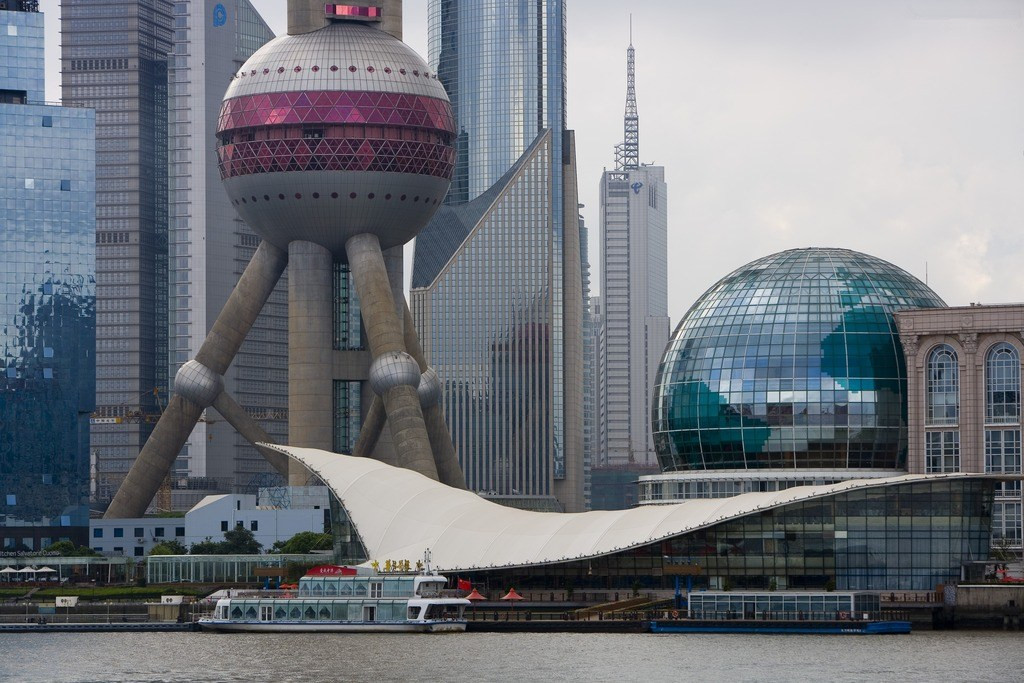
EU shipowners voiced their concern about the announced international relay of ships and more concretely the extension of the Shanghai Free Trade Zone to five more ports as the move is believed to put EU companies at a disadvantage, the European Community Shipowners’ Association (ECSA) said at the 12th Implementation Meeting of the China-EU Maritime Transport Agreement, hosted by the Polish government in Szczecin.
“In these free trade zones, Chinese controlled ships can carry cargo between Chinese ports not only when flying the Chinese flag but also a foreign flag. EU shipowners are concerned by this development, as this regime places EU companies at a further disadvantage vis-a-vis Chinese companies, compared to the previous situation where ships carrying cargo between Chinese ports had to be both Chinese-owned and Chinese-flagged,” ECSA said.
According to the association, this rule also diverges from the international practice of having the flag rather than the nationality of the shipowner determine market access.
China (Shanghai) Pilot Free Trade Zone was opened in August 2013, introducing international trade liberalization and investment liberalization.
This in particular relates to liberalization of traditional trade businesses to achieve free imports, storage, re-exports, processing and manufacturing of goods within the zone. The main aim of the zone is expansion and development of Shanghai’s position in relevant sectors with the development of shipping finance, international shipping, ship management, etc. to turn Shanghai into an international shipping center.
The zone, which covers about 121 square kilometers, comprises the Lujiazui financial hub, the Jinqiao manufacturing zone, the Zhangjiang high-tech base and the three bonded areas of Waigaoqiao, Yangshan and Pudong International Airport.
The China-EU Maritime Transport Agreement was concluded in 2002 and entered into force in 2008 with the objective of improving the conditions under which maritime transport operations are carried out. The agreement is based on the principles of freedom to provide maritime transport services, free access to cargoes and cross trades, access to and non-discriminatory treatment in the use of ports and auxiliary services as well as regarding commercial presence. It also provides for enhanced cooperation on maritime policy. Implementation meetings alternate between China and the EU.
The 13th implementation meeting will be held in China in Autumn 2016.
(From: World Maritime News)